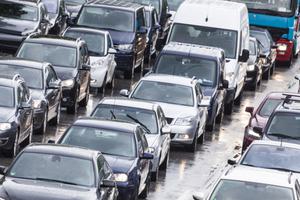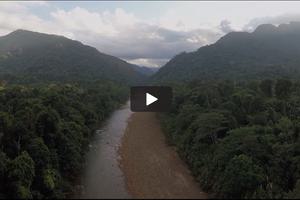In Cities
Public Health
-
E360 VIDEO CONTEST WINNER
In Sicily, A Plague of Cancer Overwhelms an Oil Refinery Town
-
Transportation
End of the Road: Are Diesel Cars on the Way Out in Europe?
-
E360 Video Contest Winners
On Our Lands: Indigenous Bolivians Take Control Of Their Forests
-
Hazardous Haze
Unraveling the Myriad Causes Of North India’s Pollution Pall
-
Hard-Pressed Rust Belt Cities Go Green to Aid Urban Revival
Gary, Indiana is joining Detroit and other fading U.S. industrial centers in an effort to turn abandoned neighborhoods and factory sites into gardens, parks, and forests. In addition to the environmental benefits, these greening initiatives may help catalyze an economic recovery.
-
With New Tools, A Focus On Urban Methane Leaks
Until recently, little was known about the extent of methane leaking from urban gas distribution pipes and its impact on global warming. But recent advances in detecting this potent greenhouse gas are pushing U.S. states to begin addressing this long-neglected problem.
-
Rethinking Urban Landscapes To Adapt to Rising Sea Levels
Landscape architect Kristina Hill focuses on helping cities adapt to climate change, particularly sea level rise. In an interview with Yale Environment 360, she discusses the challenges, solutions, and costs of saving cities from encroaching oceans.
-
To Tackle Runoff, Cities Turn to Green Initiatives
Urban stormwater runoff is a serious problem, overloading sewage treatment plants and polluting waterways. Now, various U.S. cities are creating innovative green infrastructure — such as rain gardens and roadside plantings — that mimics the way nature collects and cleanses water.
-
Designing the Urban Landscape To Meet 21st Century Challenges
Martha Schwartz, a professor at Harvard’s Graduate School of Design, explains in a Yale Environment 360 interview how creative landscape architecture can help cities become models of sustainability in a world facing daunting environmental challenges.















